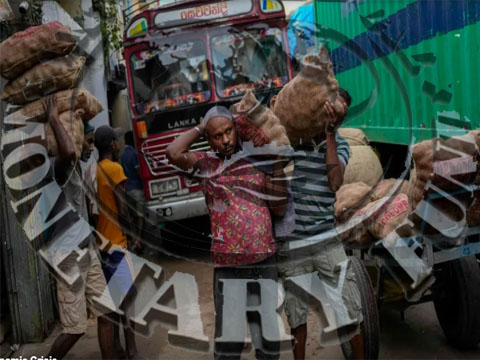The International Monetary Fund will carry out a governance diagnostic to examine the severity of corruption in Sri Lanka.
Masahiro Nozaki, Misson Chief for Sri Lanka said the IMF has already started its dialogue with the Sri Lankan authorities on it. ‘The objective is to examine corruption in Sri Lanka’, he said.
The diagnostic will identify key governance weaknesses and corruption vulnerabilities that are macroeconomically critical and assess the adequacy of the country’s anti-corruption framework and policies.
The six core state functions the diagnostic will look at are: fiscal governance, financial sector oversight, Central Bank governance, market regulations, rule of law, and anti-money laundering and combatting the financing of terrorism.
The findings will be published in a Governance Diagnostic Report by September 2023.
During the diagnostic, IMF experts on the core functions will work with Sri Lankan authorities to gather information, consult on findings, and develop recommendations. They will also engage with broader stakeholders including civil society organisations and international partners to collaborate on governance reform.
The IMF said the aim of the diagnostic is not to identify corrupt institutions, individuals, or transactions. But, it will include a holistic set of prioritised, tailored, and sequenced recommendations to reduce exposure to corruption risks and improve governance. It will eventually inform subsequent IMF engagement with the authorities on specific reform measures and capacity development support.
Sri Lanka will be the first country in Asia where the governance diagnostic will be carried out. So far, diagnostics have been carried out in the Central African Republic, Democratic Republic of Congo, Republic of Congo, Equatorial Guinea, Guinea Bissau, Mozambique, Republic of Moldova, Paraguay and Ukraine.





